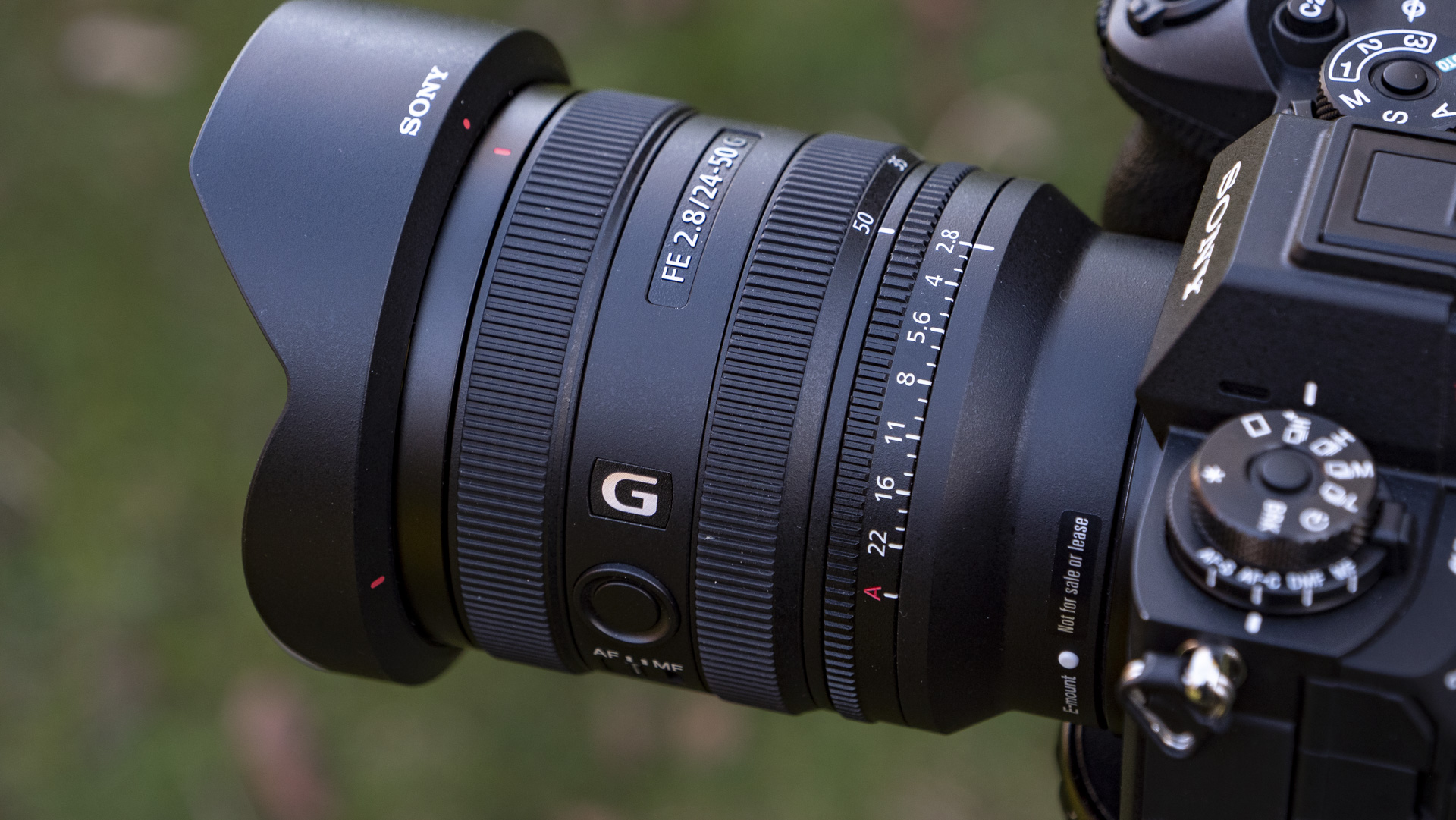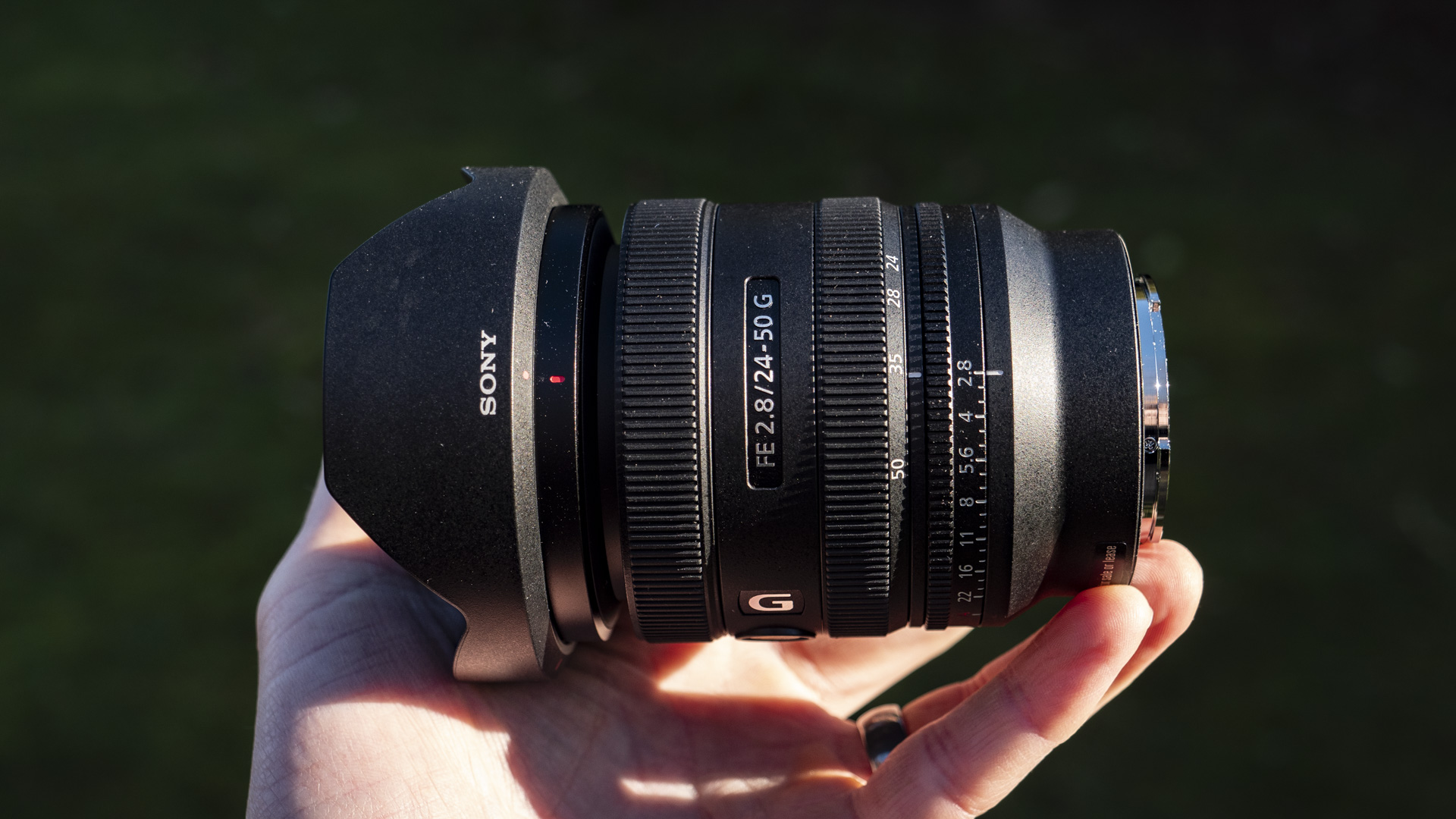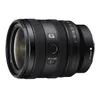It’s also optically impressive sharp even at f/2.8 and across the entire image area.
Kudos where it’s due, Sony is more active in the lens department than most of its rivals.
(Sony has a couple of cheap fixed lens alternatives including the FE 35mm F2.8.)
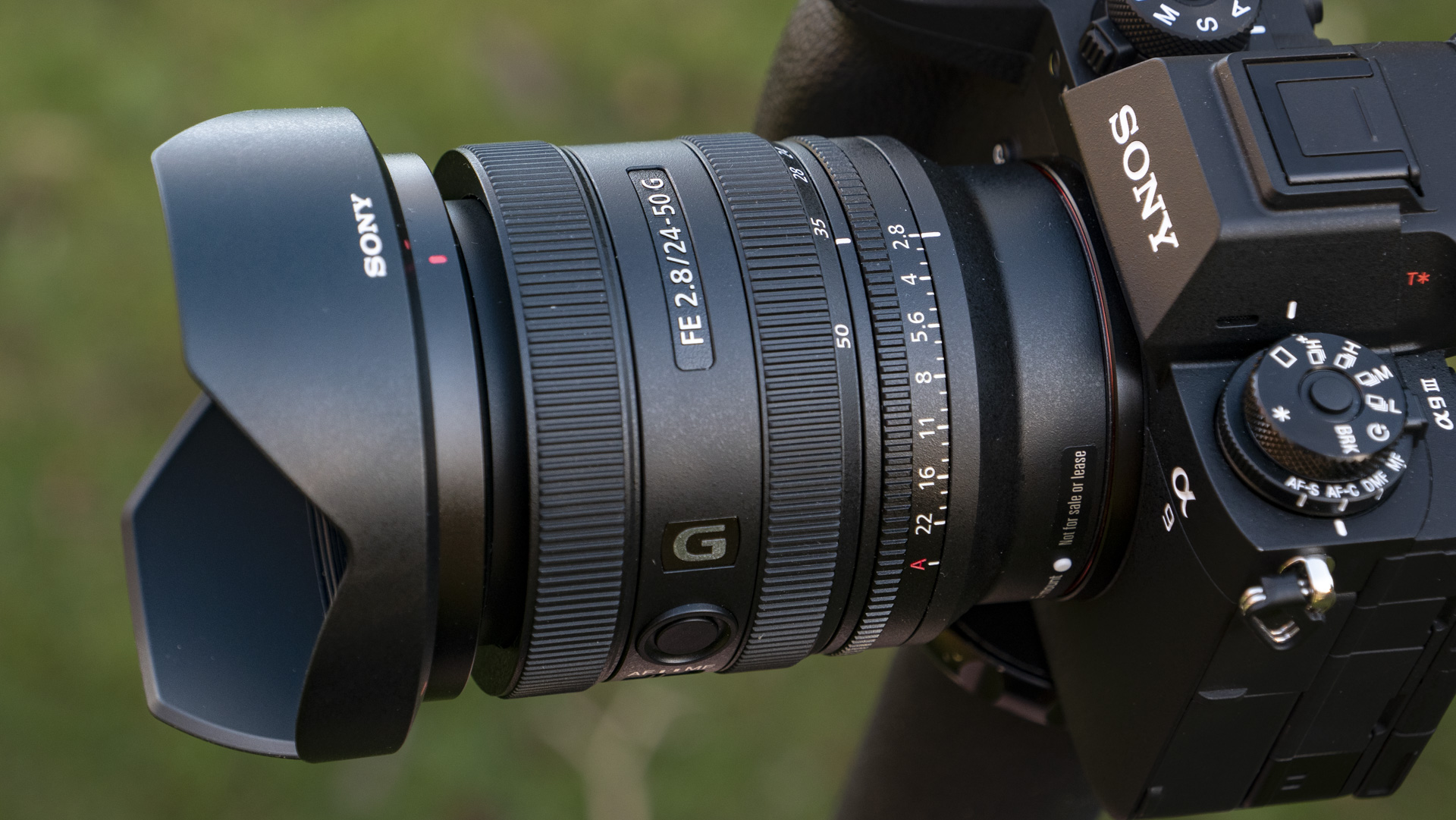
(Image credit: Future)
Shipping is from April 2024.
It’s the right fit for Sony’s more compact mirrorless cameras they feel made for each other.
That physical synergy is extended to the design and features of the lens.
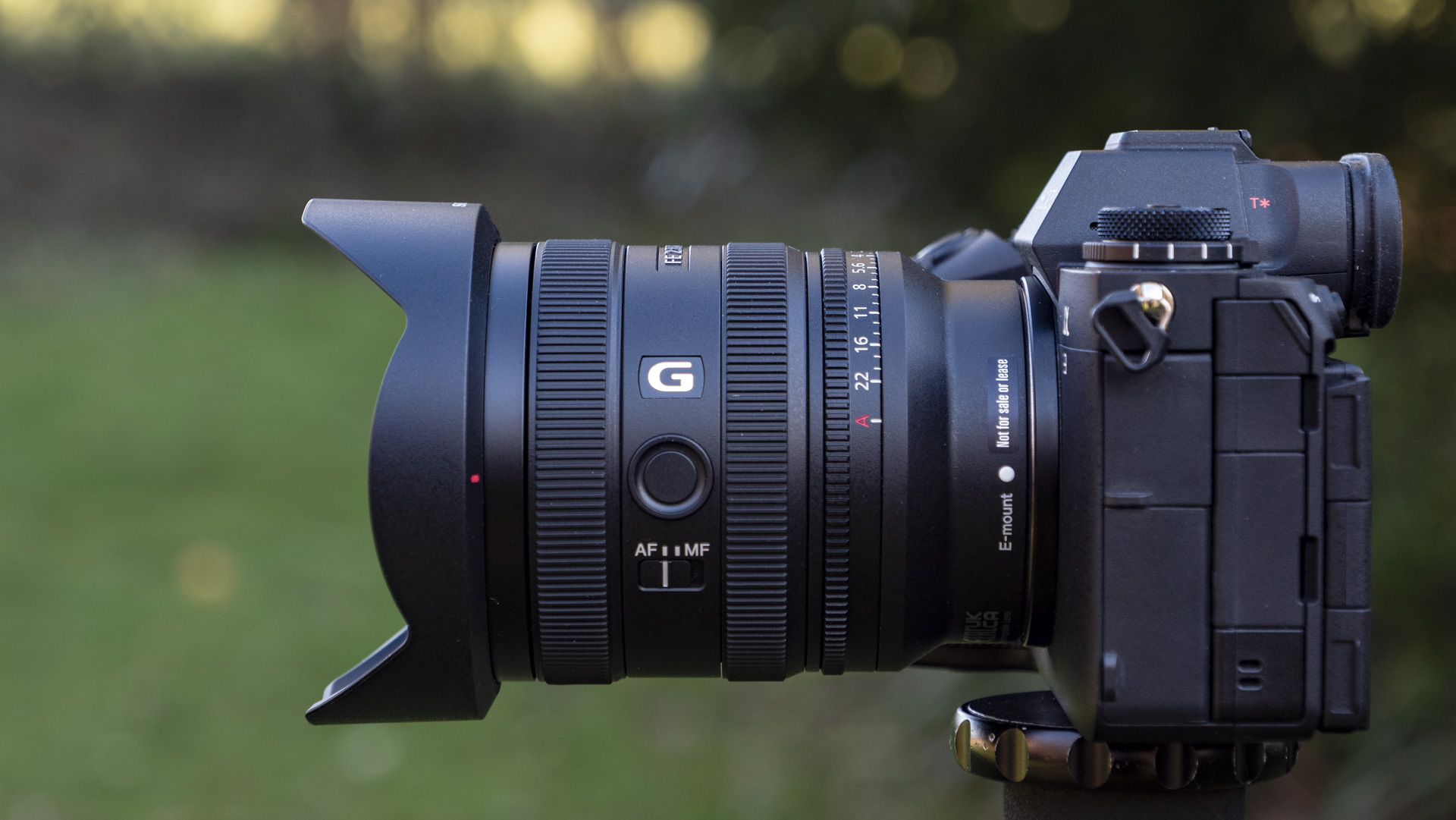
(Image credit: Future)
Truly, it’s made for 2024’s hybrid cameras.
The reverse feels counterintuitive in the 24-50mm and it takes a little getting used to.
On the whole, the 24-50mm is optically excellent.
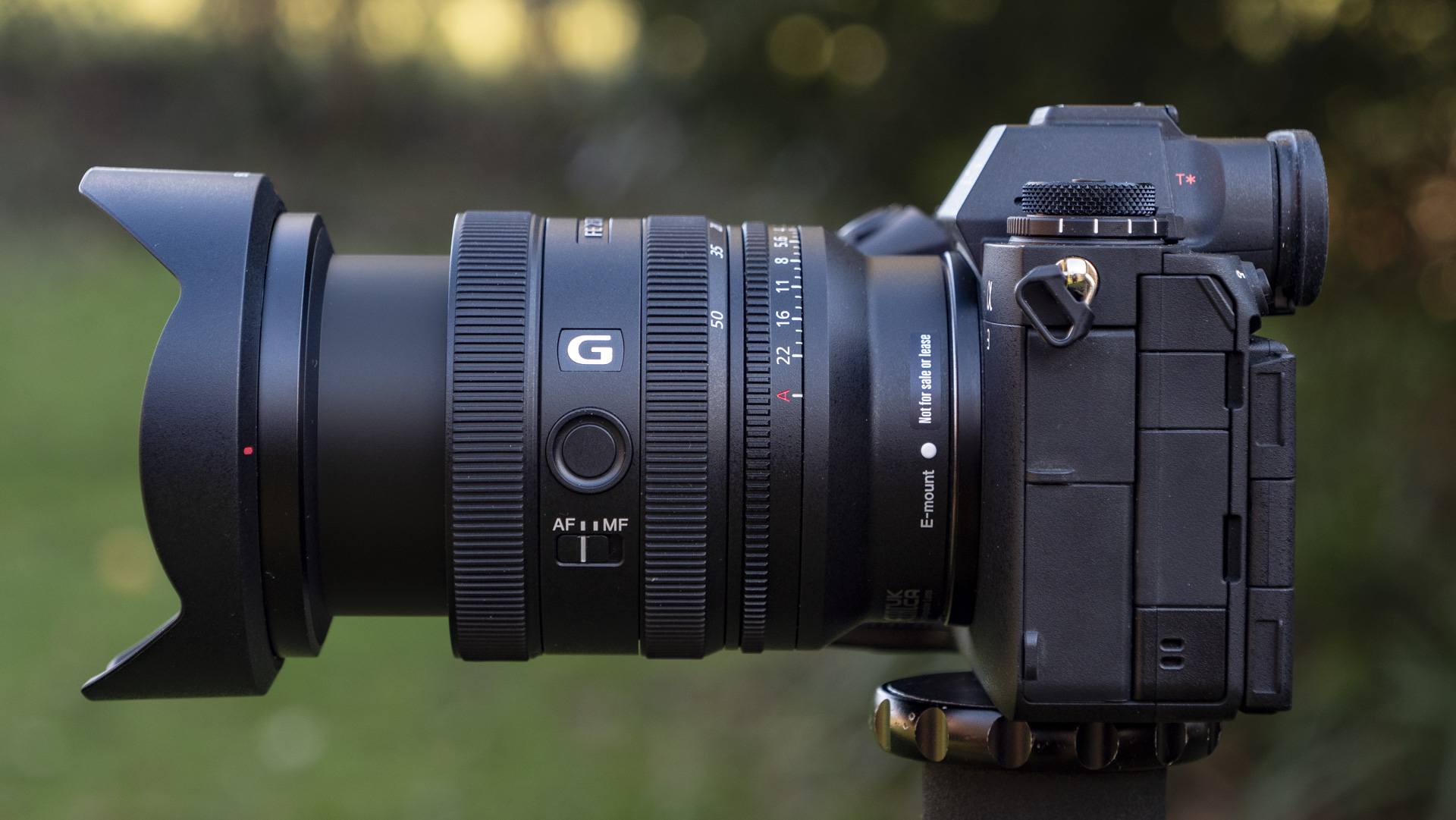
(Image credit: Future)
It’s super sharp even at f/2.8, though it’s at its sharpest between f/4 and f/11.
But overall detail is as sharp as I’d hope a Sony ‘G’ lens would be.
Stop down to f/4 and I would describe vignetting as minor, and it’s basically gone by f/8.
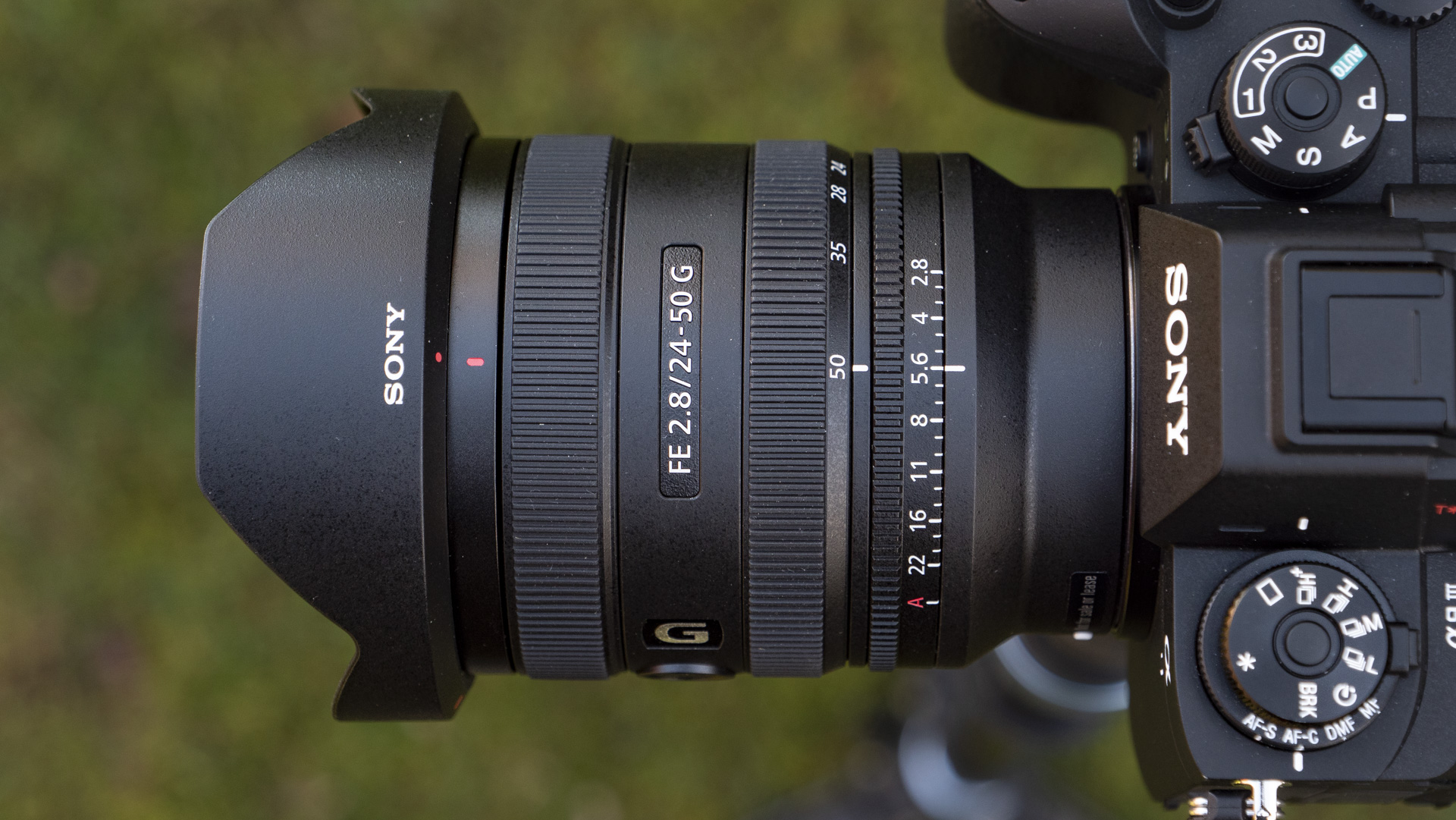
(Image credit: Future)
I’ve noticed this bokeh characteristic before in other Sony lenses like the70-200mm F4 G OSS II.
It’s a surefire addition to ourbest Sony lensesbuying guide.
Should I buy the Sony FE 24-50mm F2.8 G lens?
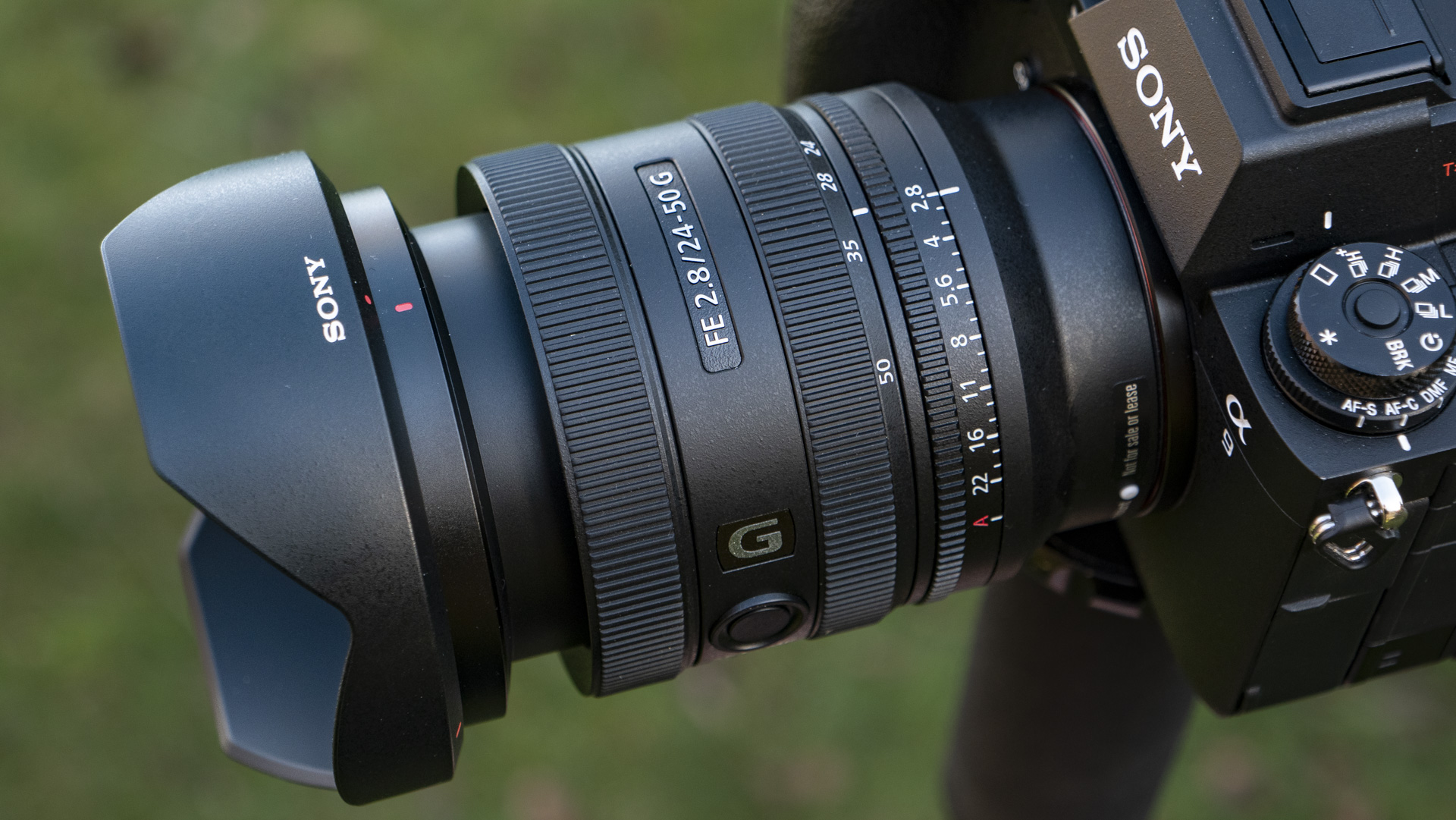
(Image credit: Future)
It covers your desired focal length rangeDo you need 70mm?
If you don’t really shoot video, you could go for a simpler and potentially cheaper alternative.
You don’t need f/2.8Do you really need f/2.8?
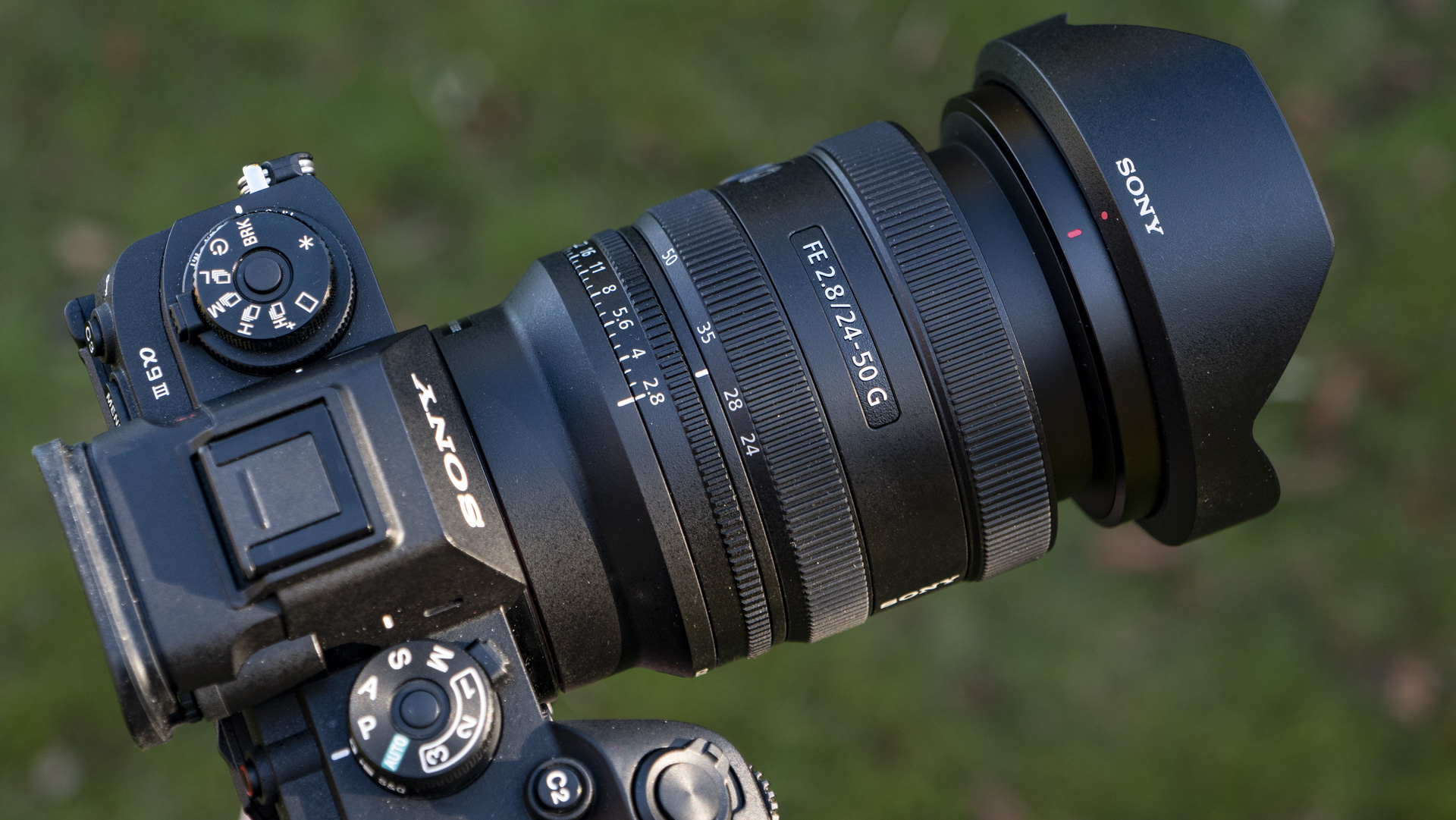
(Image credit: Future)
Perhaps not, if you’re solely thinking depth of field rather than light-gathering skills.
If it’s possible for you to live with an f/4 lens instead, you will save a lot.





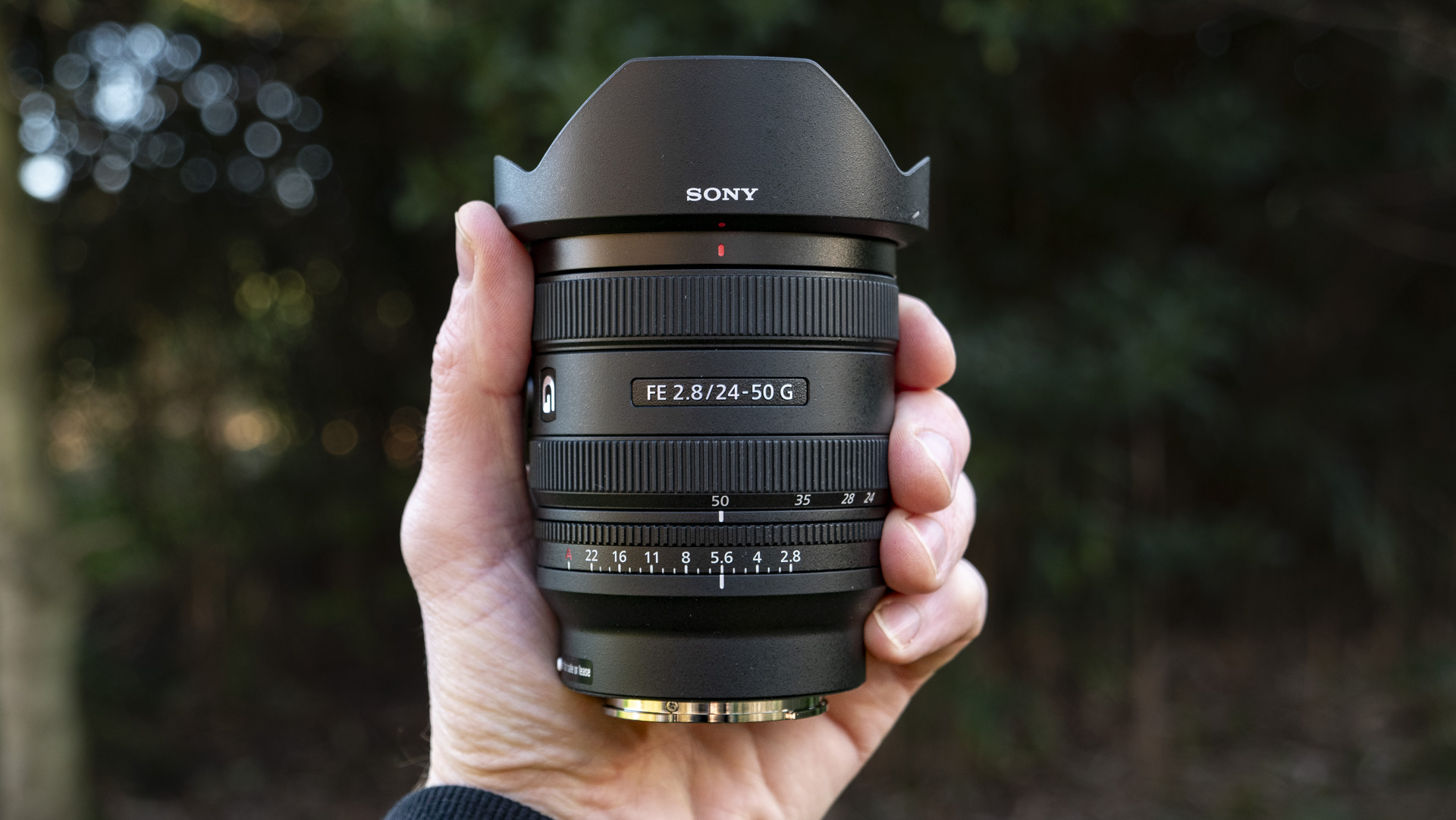
(Image credit: Future)
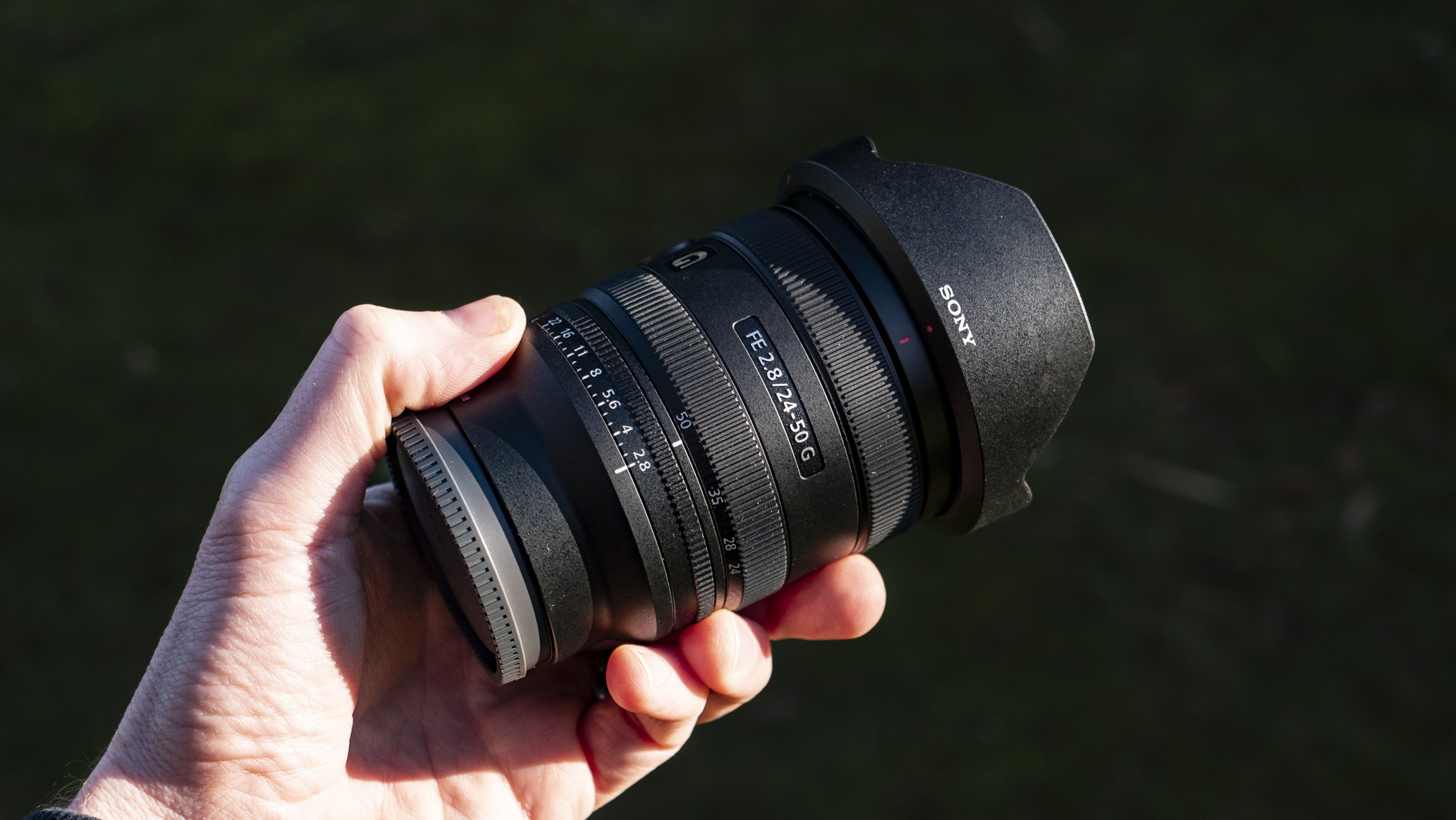
(Image credit: Future)
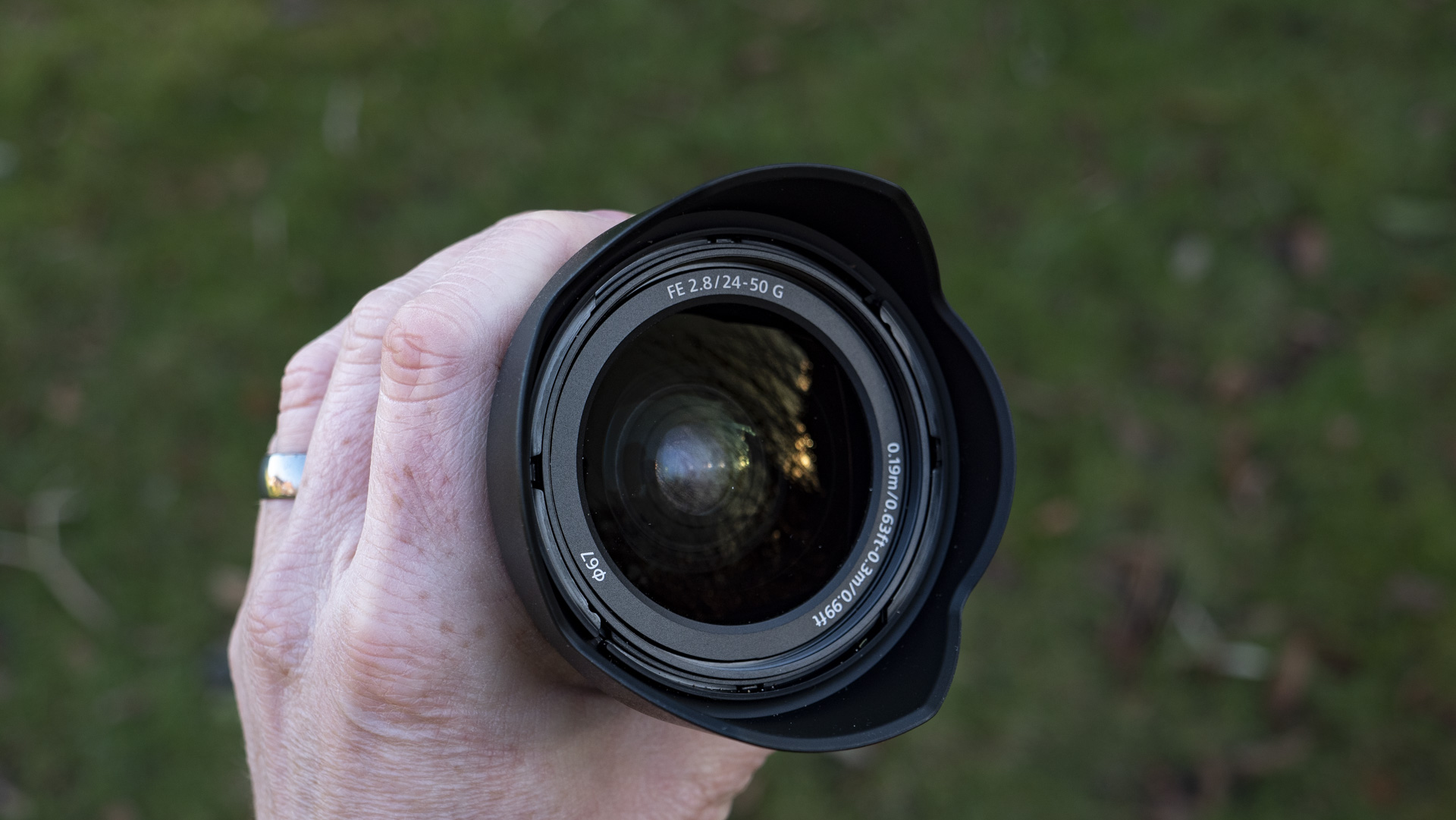
(Image credit: Future)
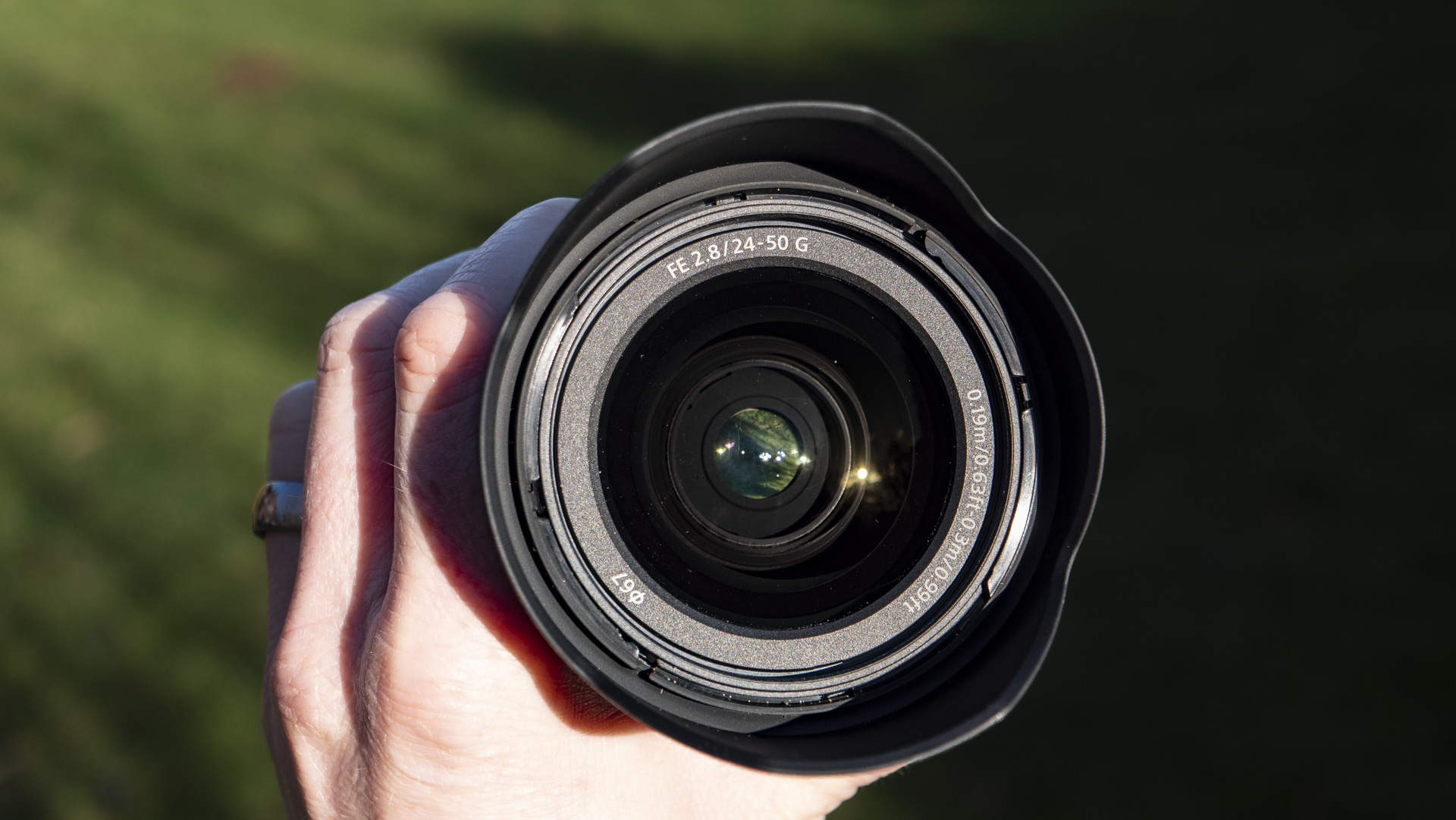
(Image credit: Future)
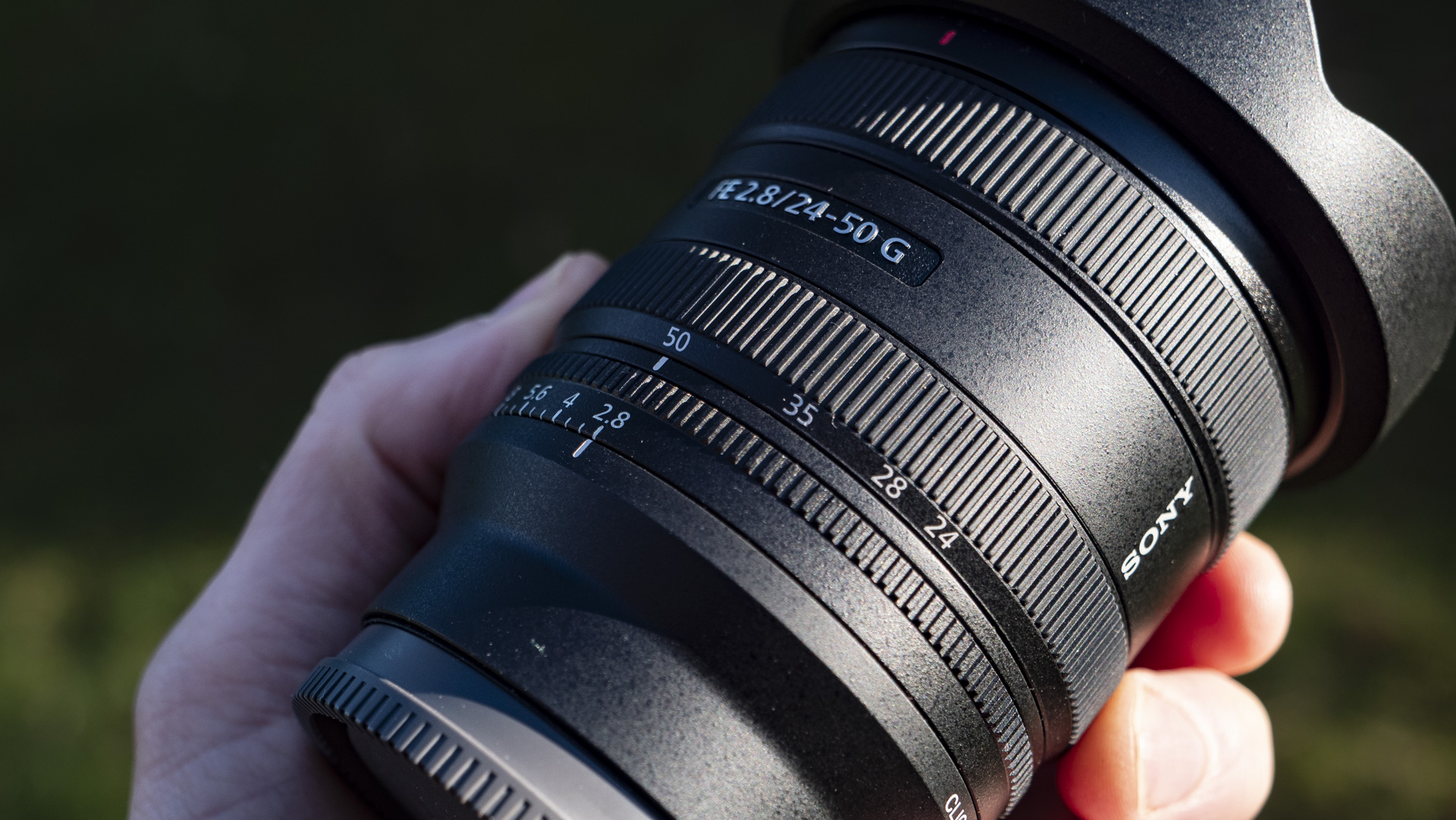
(Image credit: Future)
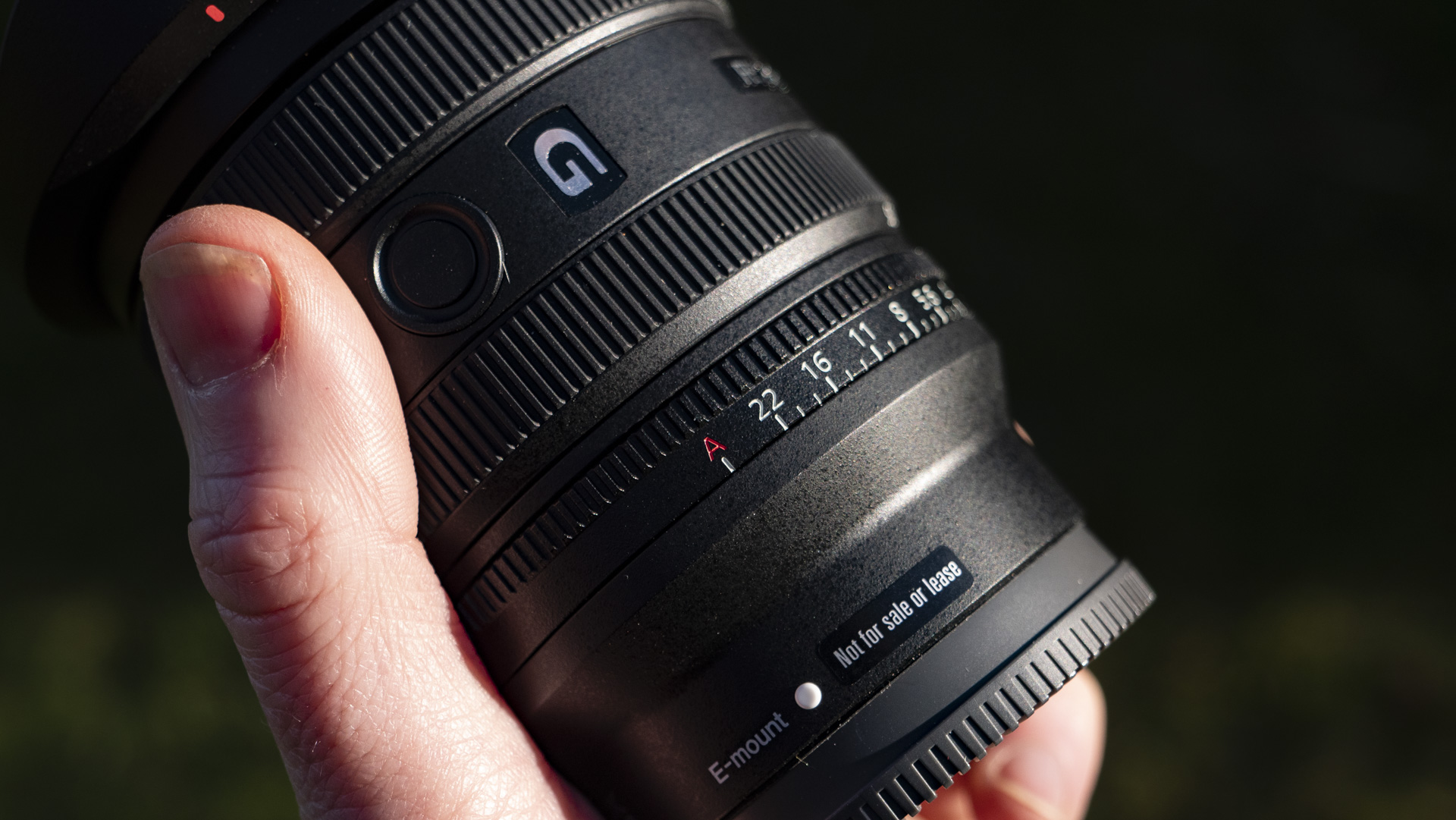
(Image credit: Future)
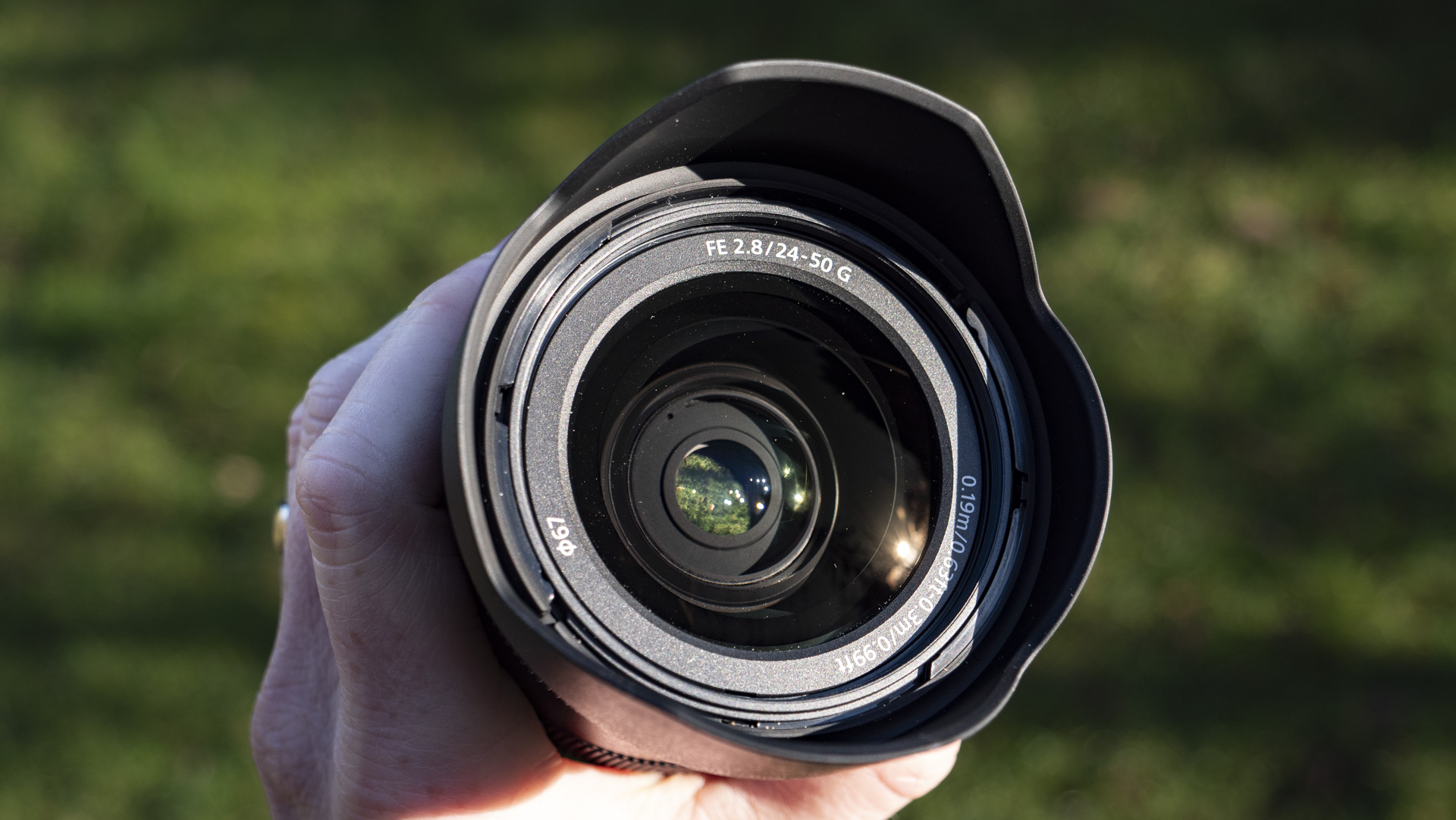
(Image credit: Future)
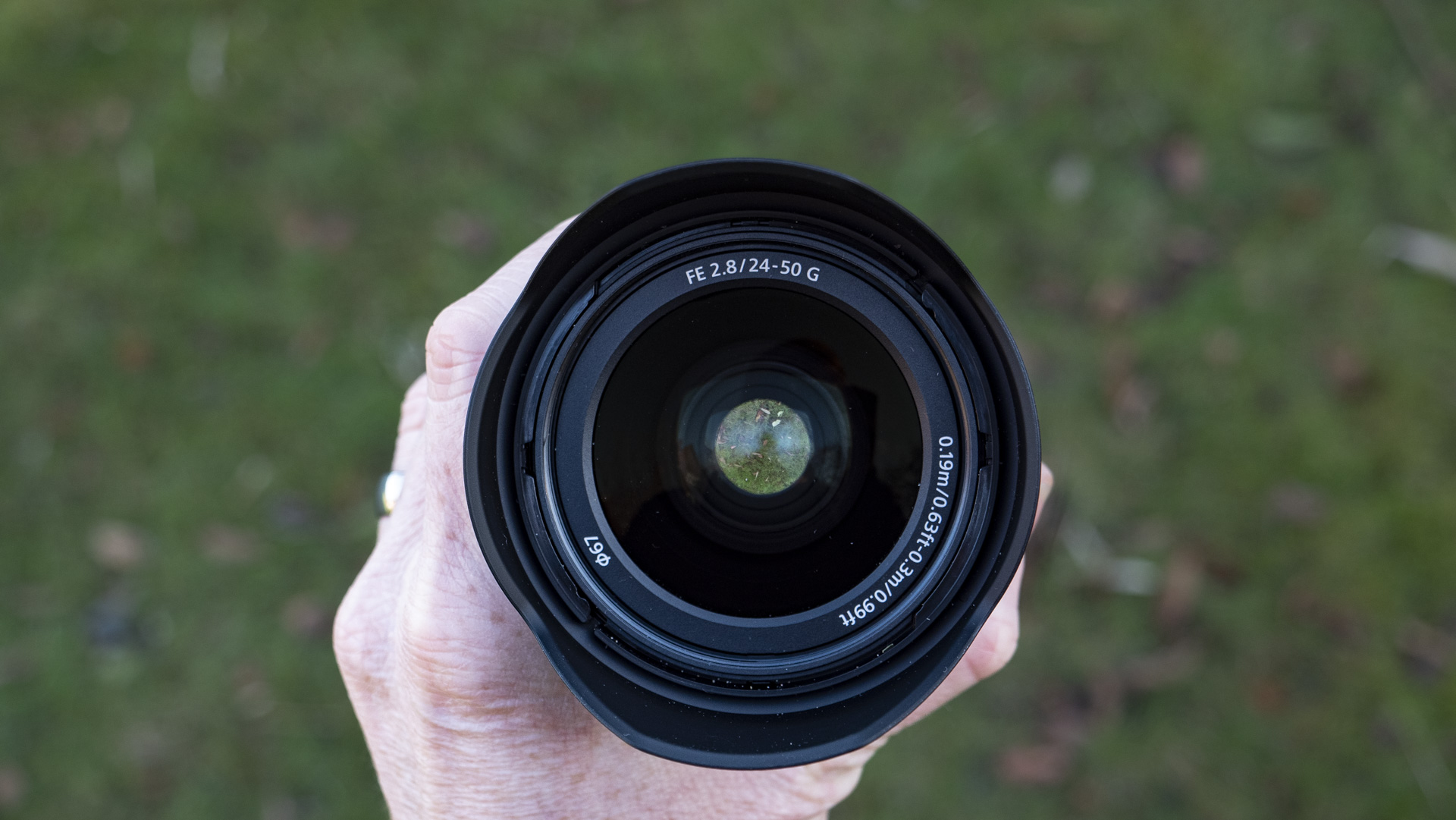
(Image credit: Future)
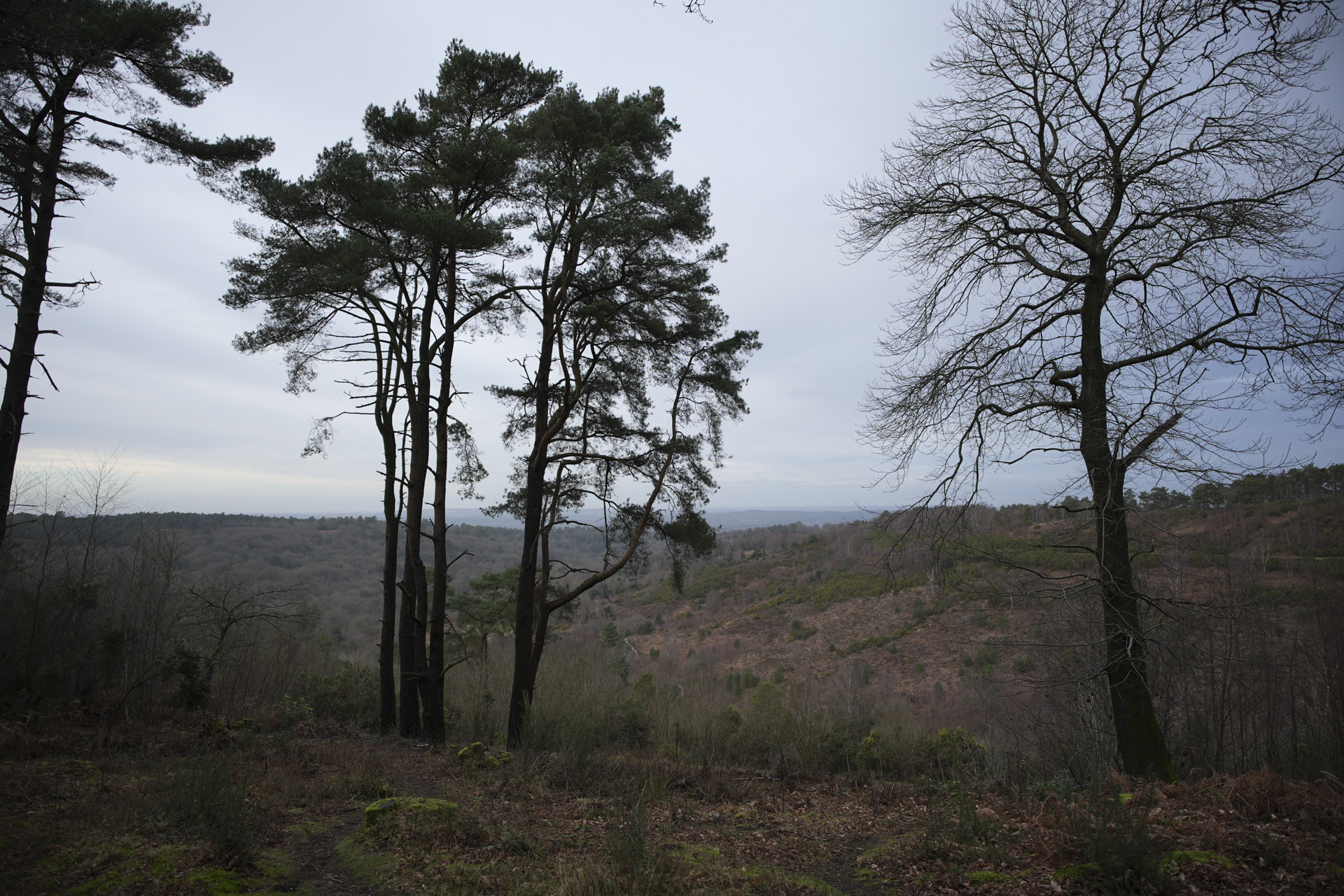
Bokeh is pronounced when shooting at 24mm and f/2.8(Image credit: Future)
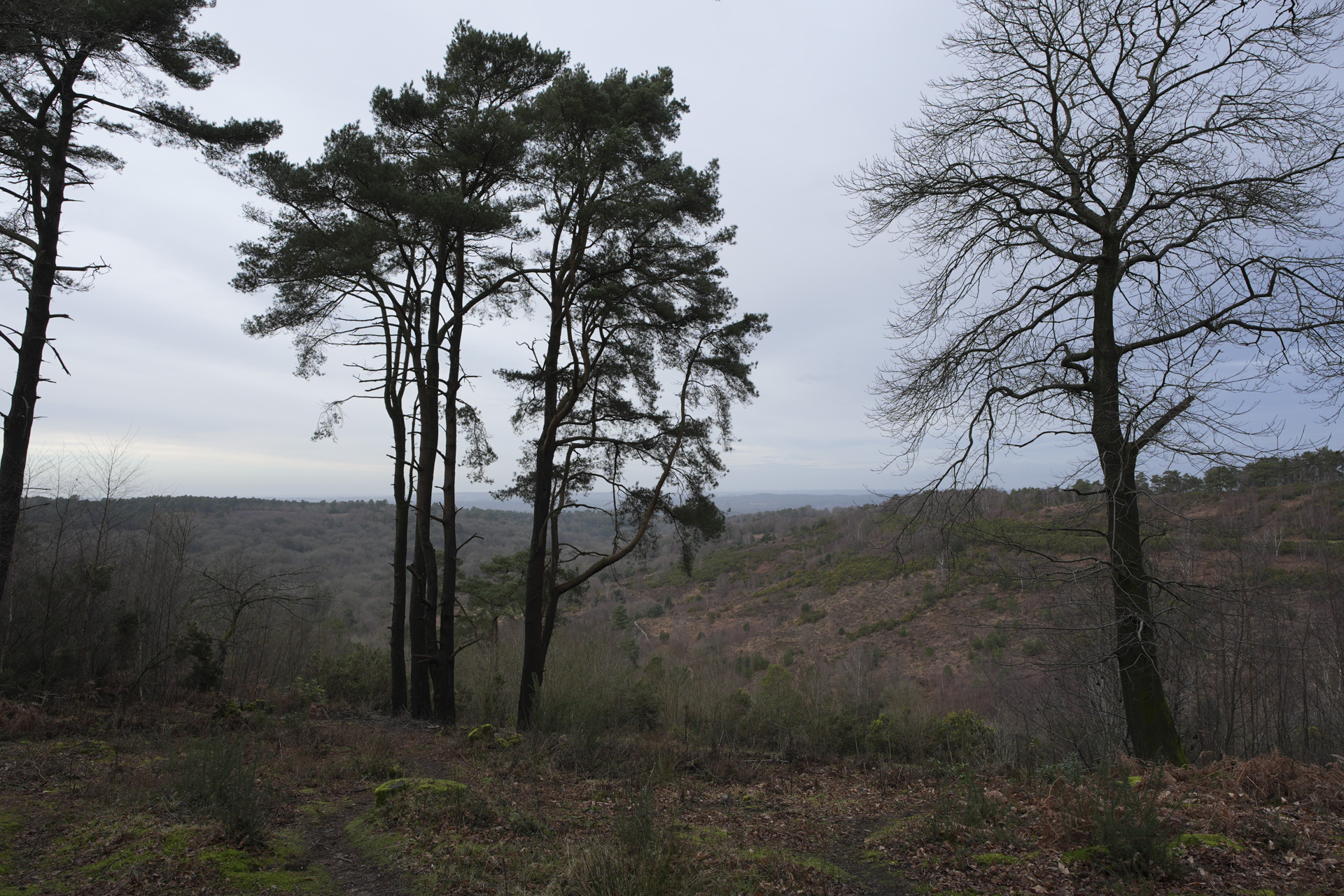
Bokeh is mostly gone by f/8 at any focal length(Image credit: Future)
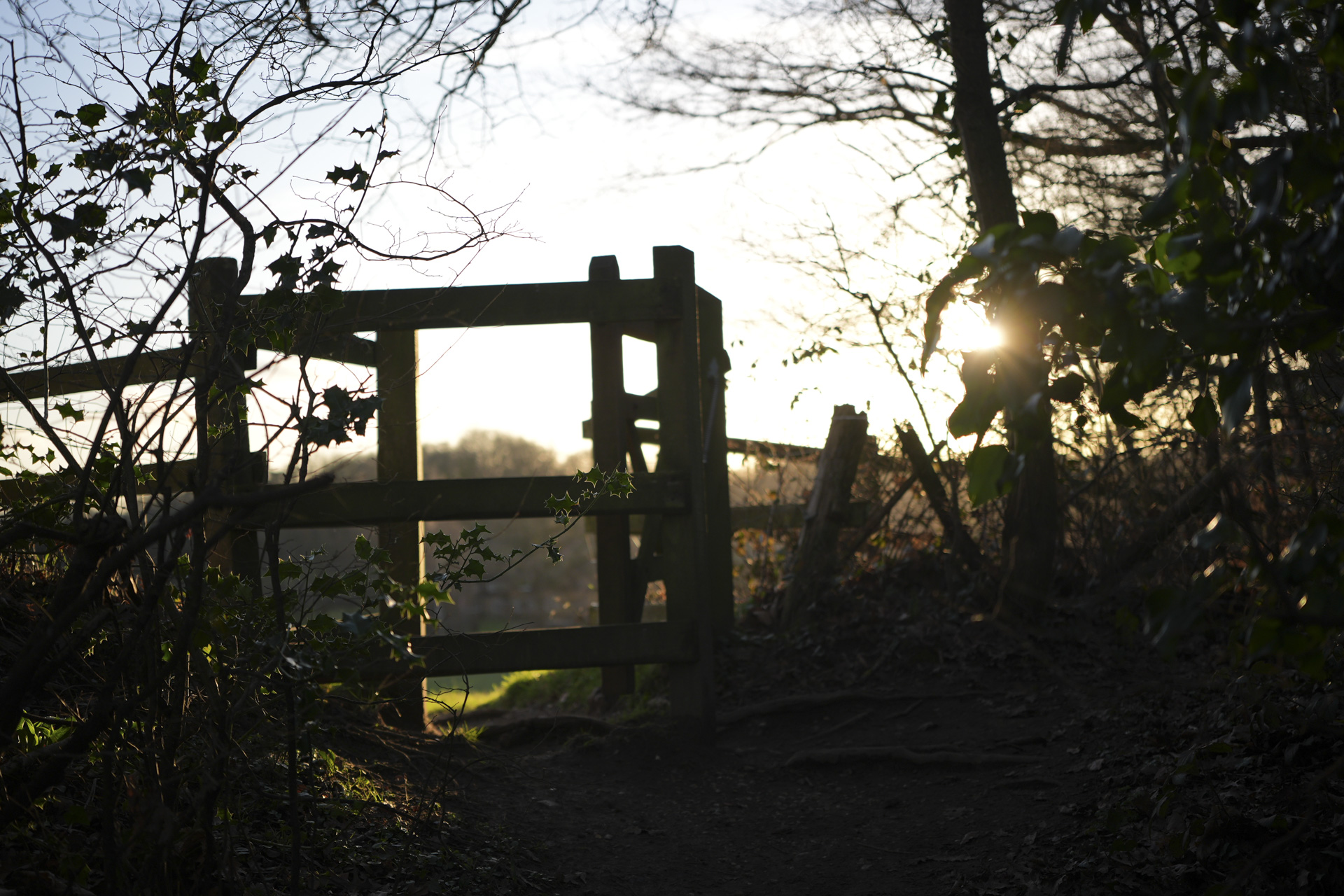
Shooting into the light at f/2.8(Image credit: Future)
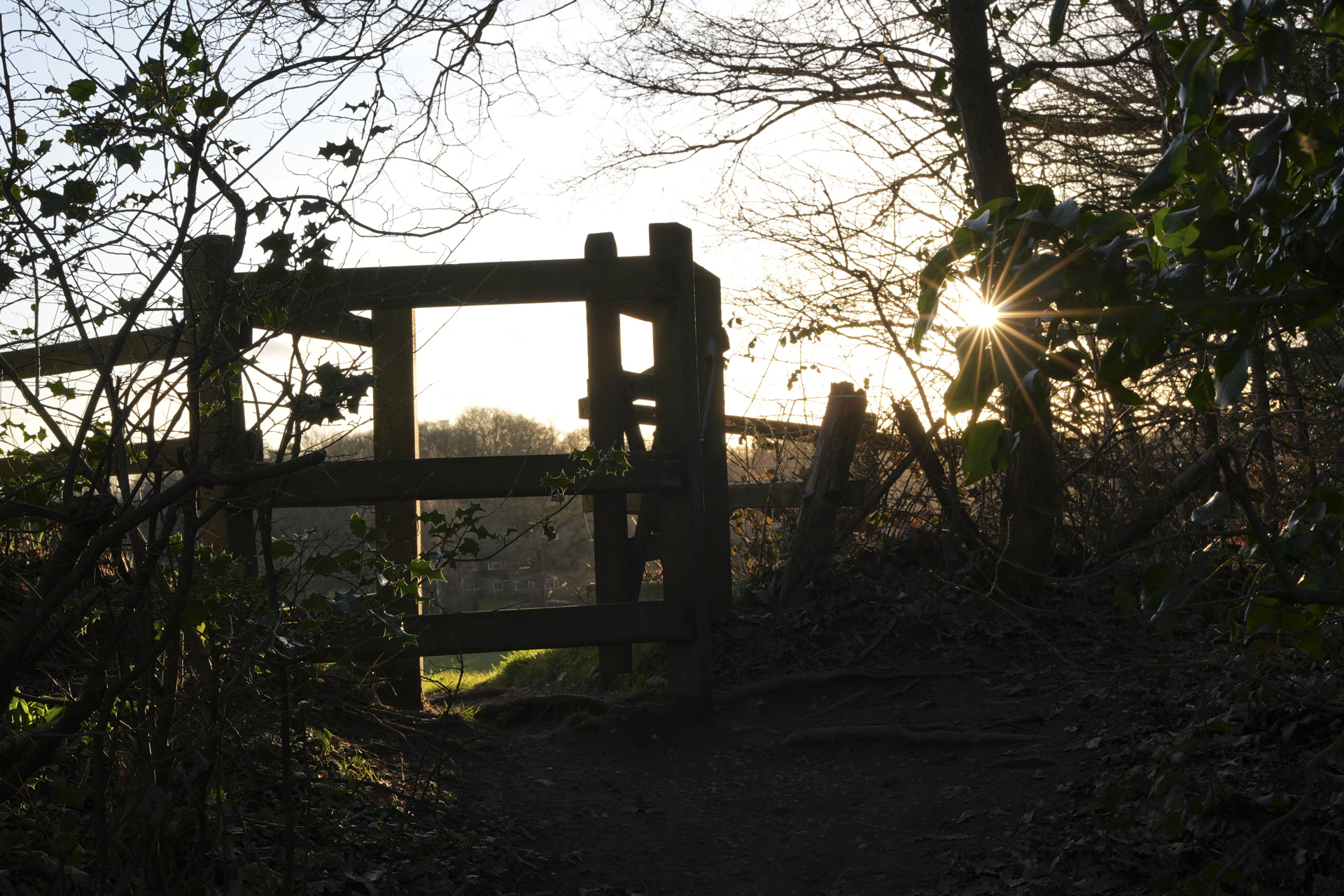
Shooting into the light at f/16 makes a lovely sunstar effect(Image credit: Future)
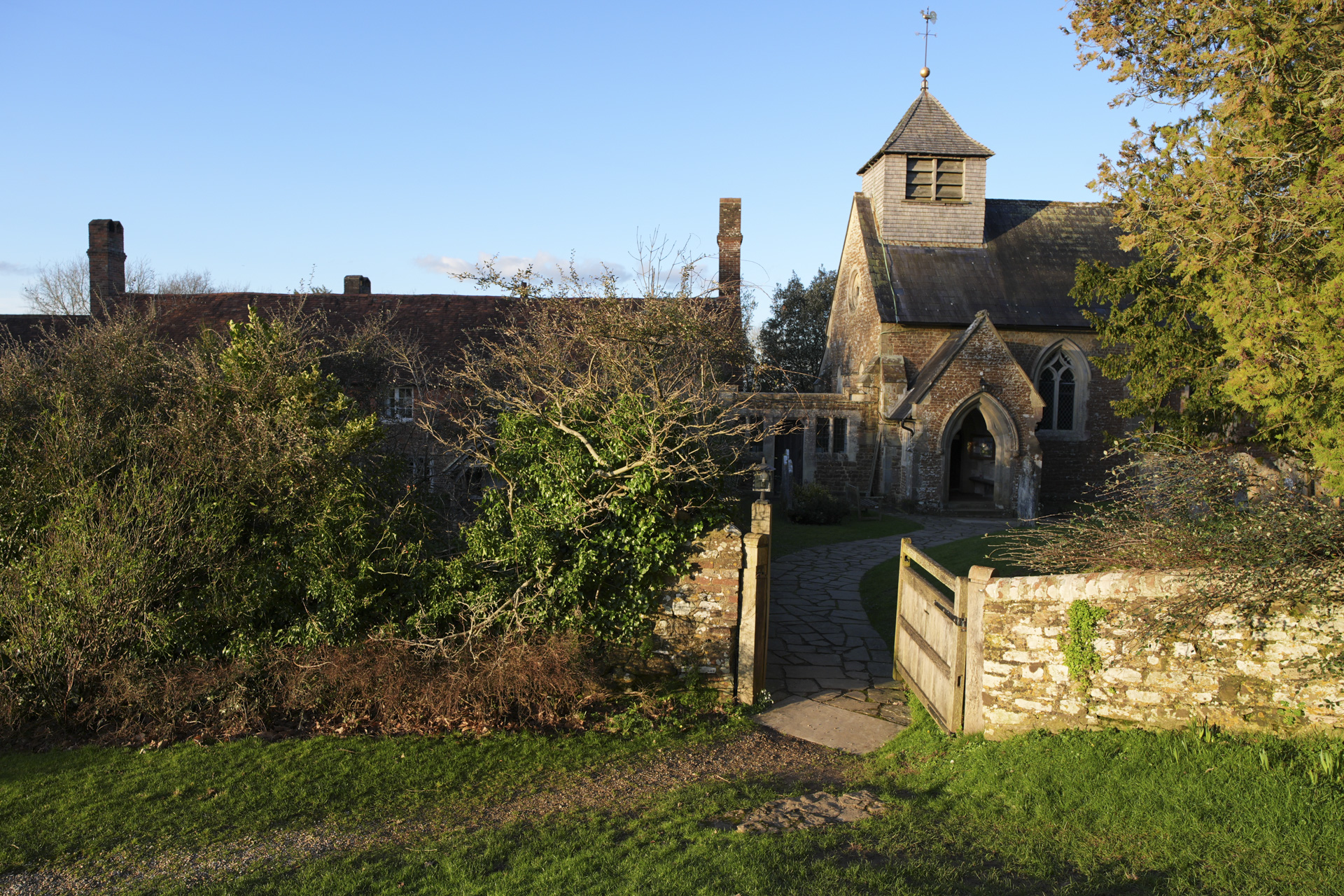
Detail at f/5.6 is super sharp(Image credit: Future)
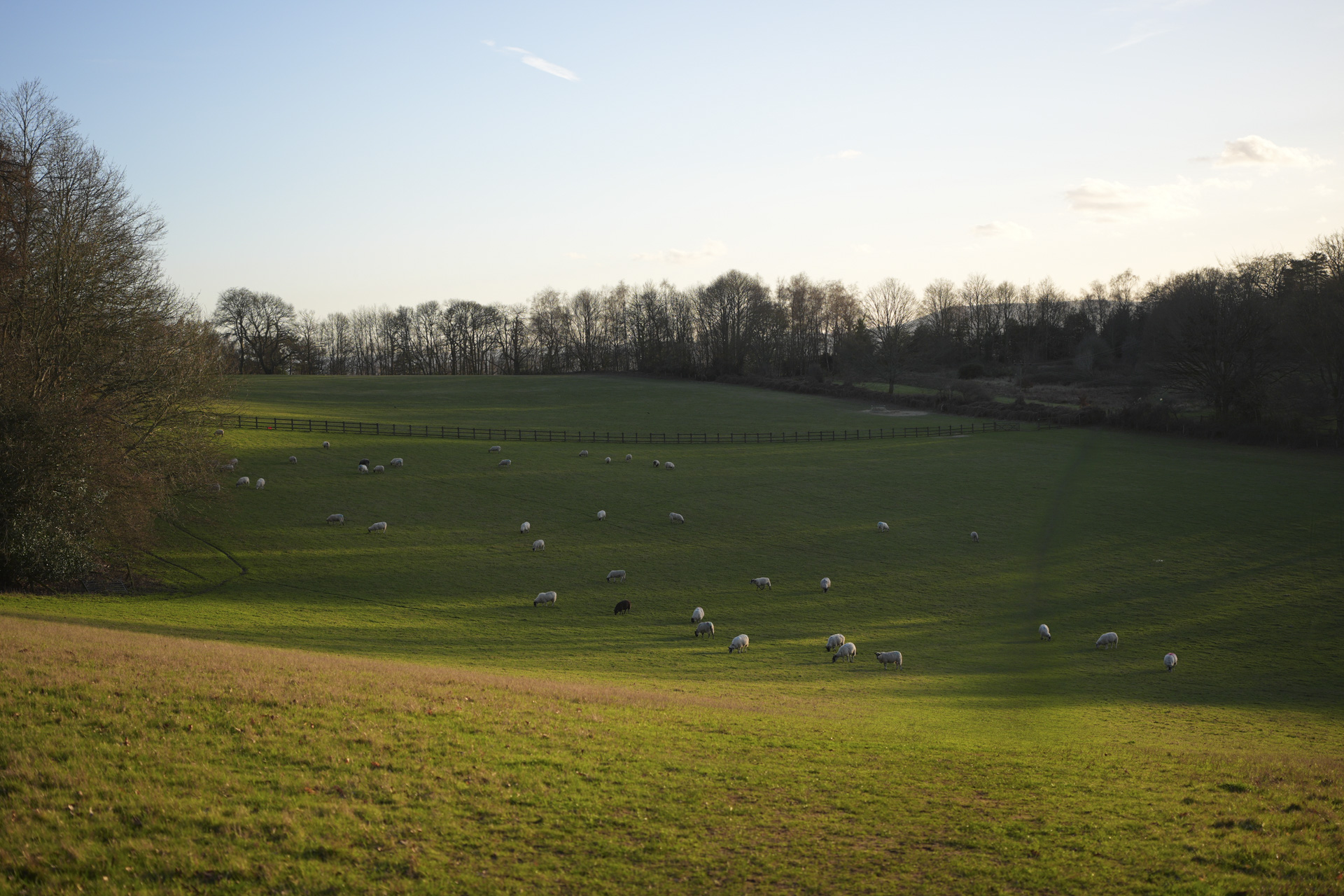
I probably would have like the option to zoom in further to explore this vista more intimately(Image credit: Future)

This GIF cycles through (pun intended) the aperture settings to illustrate vignetting at 50mm, from f/11, f/8, f/5.6, f/4 and finishing with f/2.8.
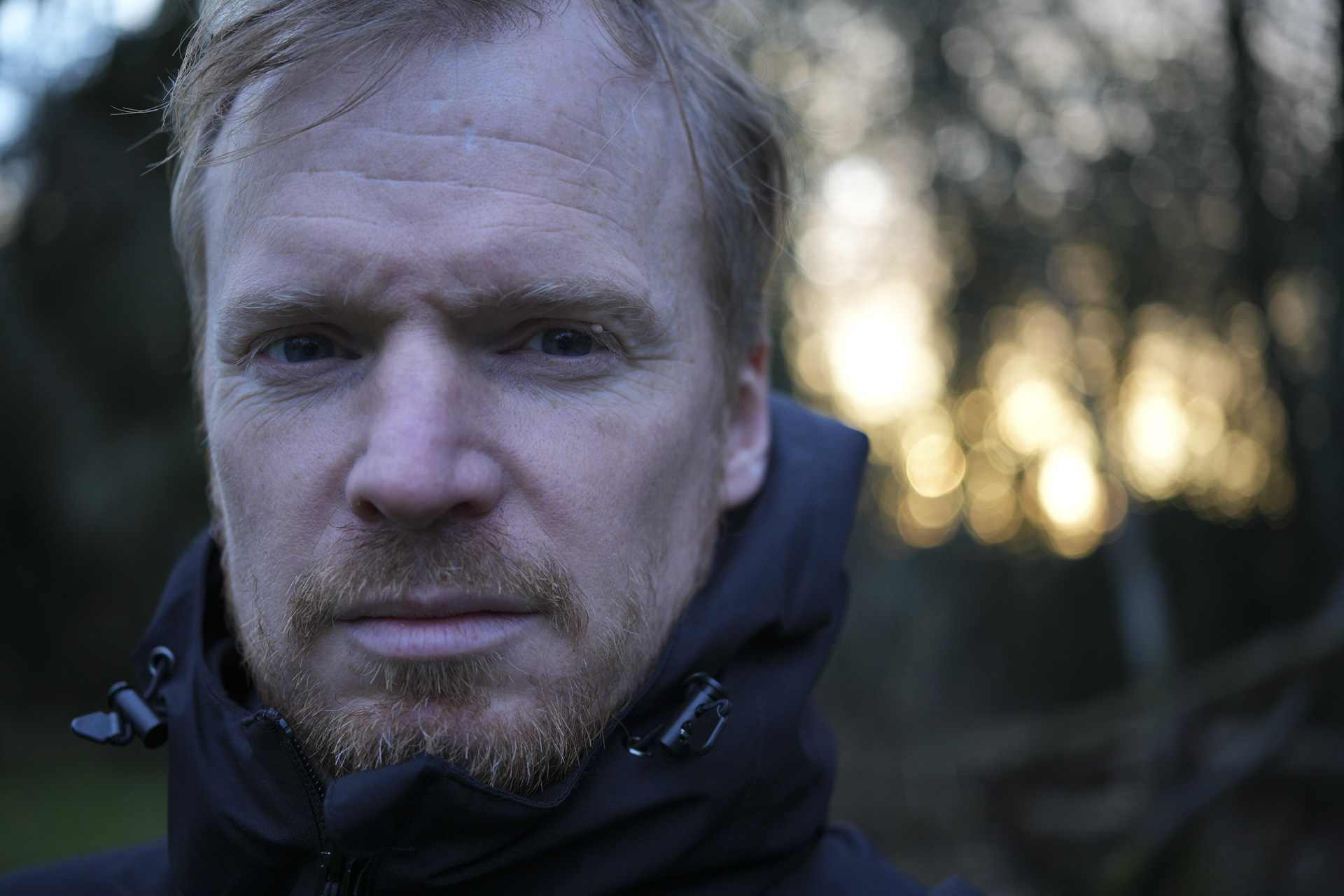
Bokeh is good at f/2.8(Image credit: Future)
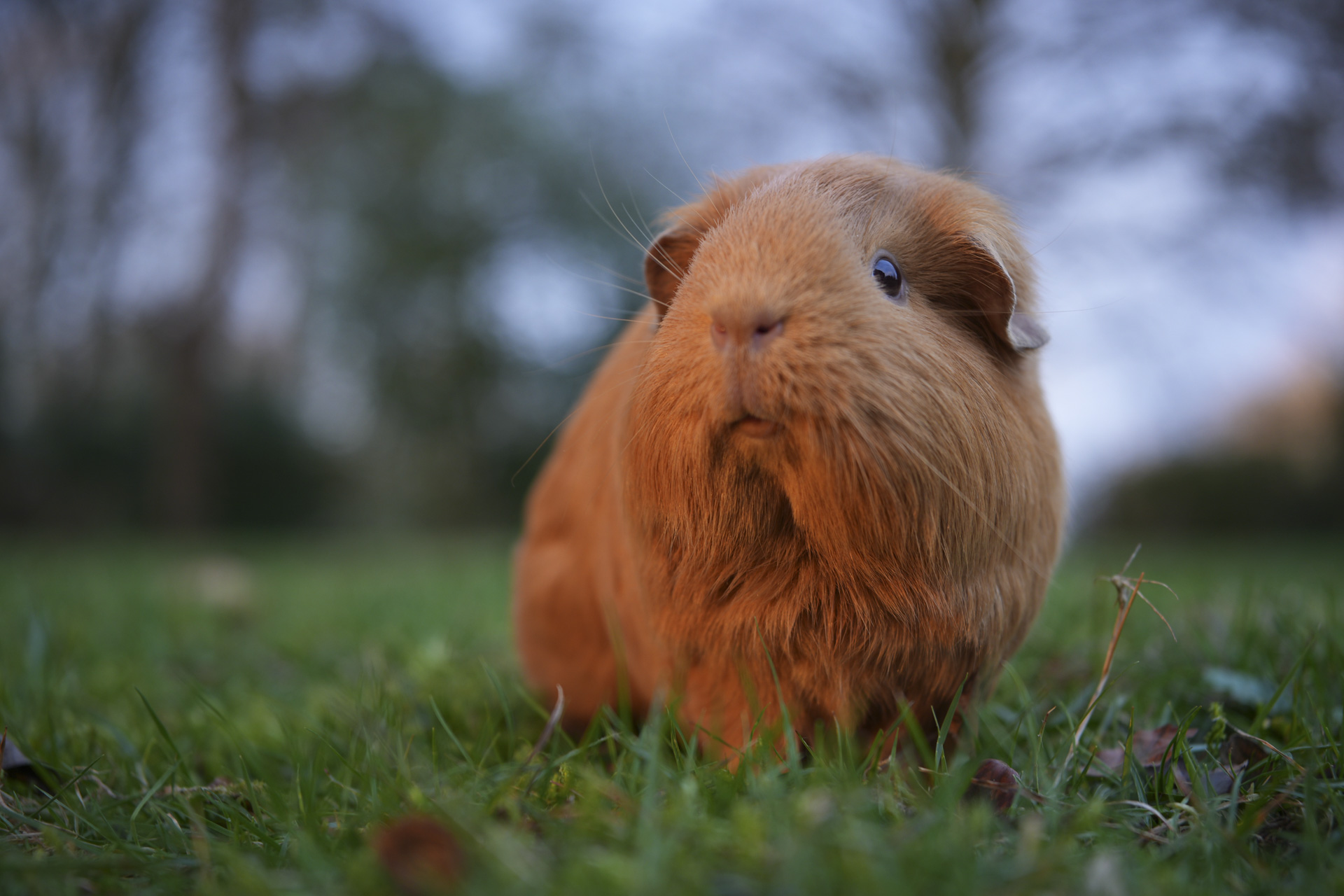
You can count on the lens and a Sony camera from 2024 to get sharp focus on your subject.(Image credit: Future)
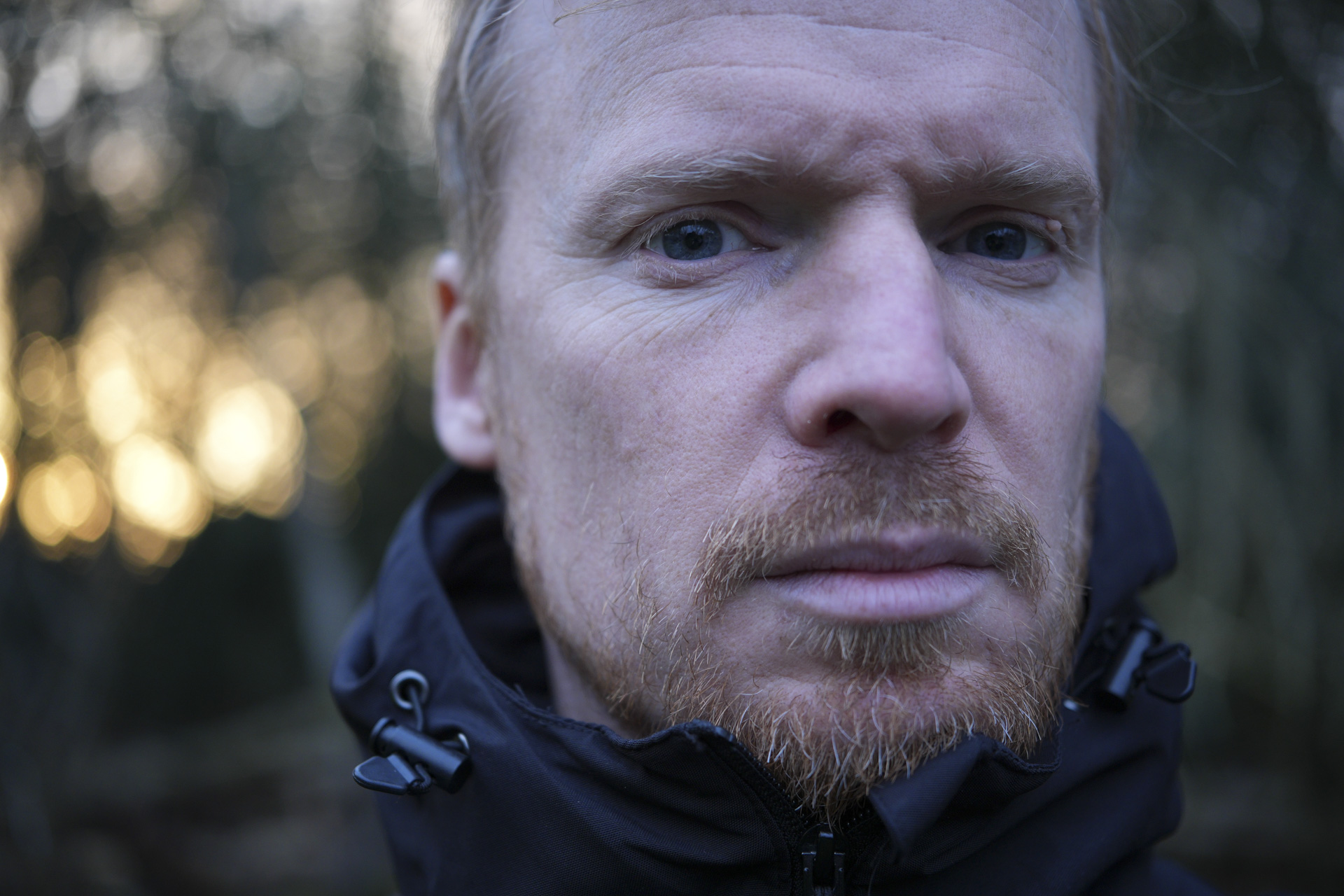
Close focusing is 0.3m so you can do selfies at 50mm, where you’ll also get shallow depth of field.(Image credit: Future)
